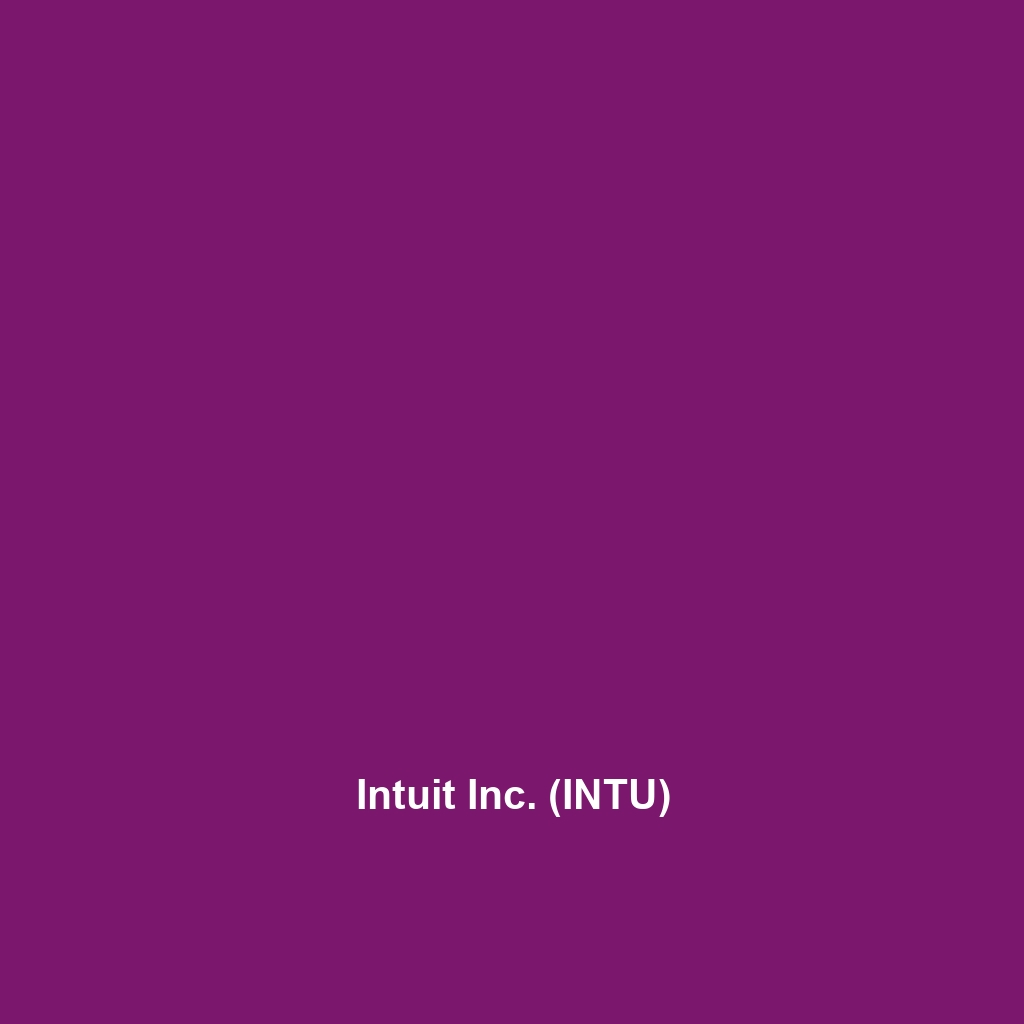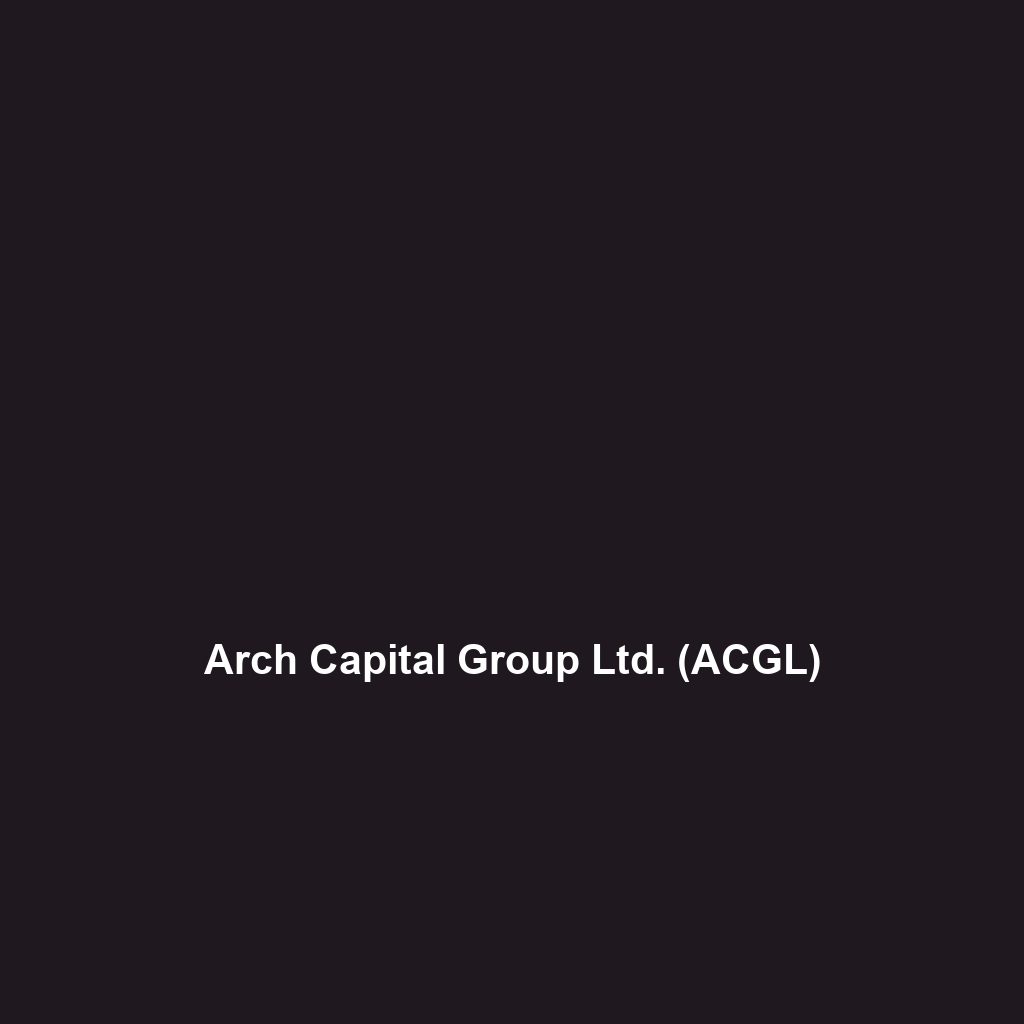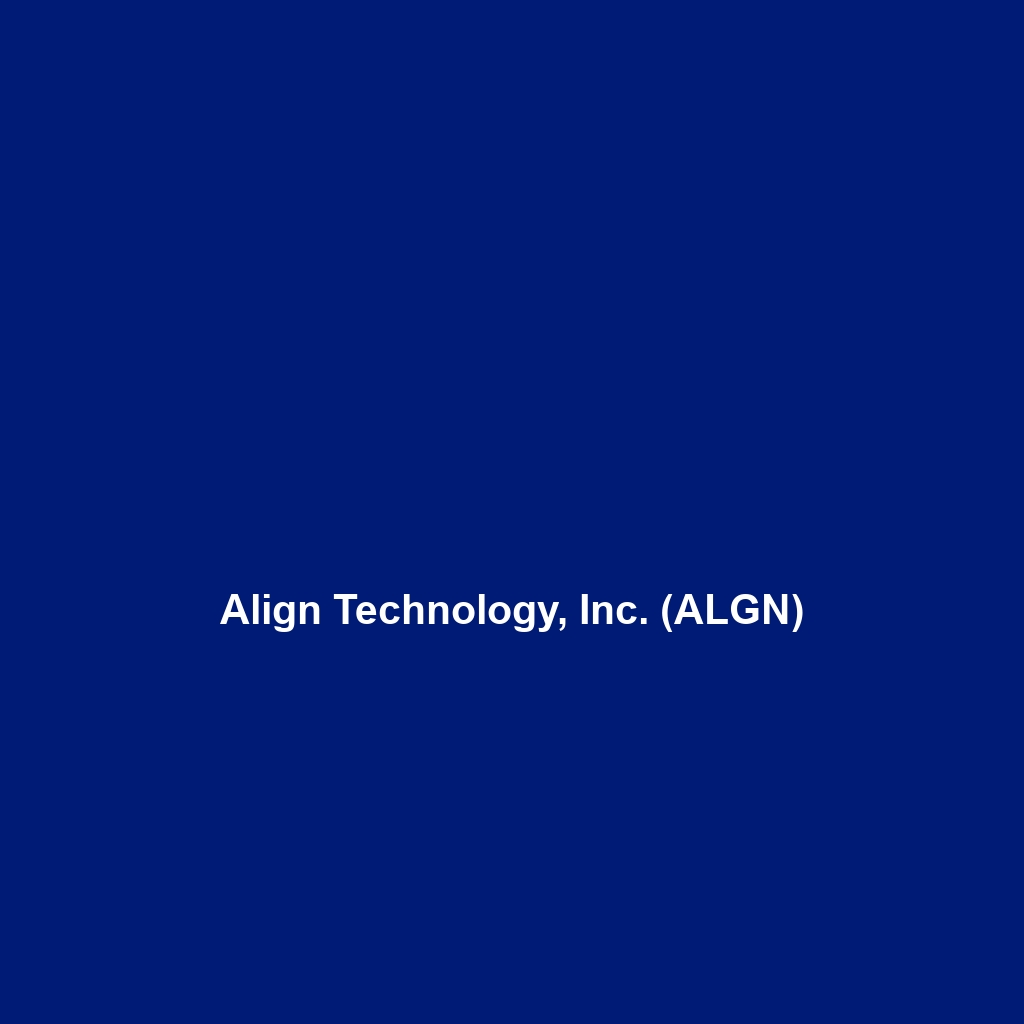Your cart is currently empty!
Tag: NFT marketplaces

Internet Computer (ICP)
Internet Computer (ICP): A Comprehensive Overview
Name and Ticker Symbol: The Internet Computer, denoted by the ticker symbol ICP, represents a groundbreaking advancement in blockchain technology.
Founders, Launch Date, and History
Launched in May 2021, Internet Computer was founded by Dominic Williams and developed by the Dfinity Foundation. The project aims to extend the public internet into a global, decentralized computing platform. Since its inception, it has achieved key milestones, including its groundbreaking launch which ignited interest across both the crypto and tech communities. The introduction of the Internet Computer has been marked by several updates, enhancing its capabilities and broadening its scope.
Blockchain Platform
The Internet Computer is a layer 1 blockchain platform, designed to support a new set of decentralized applications (dApps) and services that run entirely on the internet. Unlike many traditional cryptocurrencies that rely on existing blockchains, Internet Computer creates a new compute layer on the internet itself, allowing for a more efficient and scalable operation.
Purpose and Use Case
The core objective behind the creation of ICP is to decentralize the cloud services that have traditionally been dominated by tech giants. Internet Computer aims to enable developers to create websites, enterprise systems, and internet services without relying on centralized servers. It supports various use cases, including smart contracts, decentralized finance (DeFi) applications, and governance tools, positioning itself as a versatile solution for developers around the world.
Technology and Consensus Mechanism
Internet Computer integrates unique technologies such as Chain Key Technology and the Nervous System, facilitating rapid transactions and enabling secure computations. It employs a novel consensus mechanism known as Threshold Relay, which emphasizes scalability and security, allowing for thousands of nodes to coordinate efficiently, enhancing the overall functionality of the network.
Supply and Tokenomics
The maximum supply of ICP tokens is capped at 469 million. The circulating supply features a significant number of tokens available for trading, with a portion allocated for staking rewards to incentivize long-term holding by investors. There are burn mechanisms in place which help to regulate token supply, further enhancing its deflationary aspects and creating value for holders.
Use Cases and Adoption
Internet Computer supports a variety of real-world applications, including DeFi platforms, NFT marketplaces, and social media networks. Its innovative architecture has attracted numerous partners and developers eager to leverage its capabilities, showcasing a growing trend of adoption within the industry.
Market Performance and Metrics
As of late 2023, ICP’s market capitalization fluctuates around $5 billion, reflecting its position among the top cryptocurrencies. Historical price trends indicate significant volatility, attributed to the broader market dynamics and investor sentiment. Trading volumes also demonstrate active participation within the community, making it a prominent asset in crypto trading platforms.
Where to Buy and Trade
ICP is available for purchase on several major cryptocurrency exchanges, including Binance, Coinbase, and Huobi. Additionally, decentralized exchanges (DEXs) provide alternate avenues for trading, catering to varied investor preferences in the crypto ecosystem.
Security and Risks
Despite its advanced technology, the Internet Computer has faced scrutiny regarding security vulnerabilities inherent in its system. Although there have been no major hacks reported, ongoing threats in the crypto landscape highlight the importance of due diligence for participants. Regulatory risks also persist as the landscape continues to evolve internationally.
Community and Governance
The governance model of Internet Computer is characterized by its unique Nervous System, where ICP token holders can vote on protocol upgrades and other governance proposals. This decentralized approach fosters active participation from the community, allowing users to shape the future of the platform.
Competitors and Differentiation
While ICP competes with other blockchain platforms like Ethereum and Solana, it differentiates itself by focusing on providing a fully decentralized internet by combining traditional web services with blockchain technology. The emphasis on speed and scalability sets it apart, particularly in terms of processing complex dApps.
Roadmap and Future Developments
Looking ahead, the Internet Computer roadmap includes various upgrades to improve functionality and scalability. Planned partnerships and integrations with other technologies aim to enhance its ecosystem and user experience, signaling robust growth potential in the coming years.
Wallet Compatibility
ICP is compatible with several popular wallets, including Ledger and the Internet Computer wallet specifically designed for its ecosystem. This compatibility ensures that users can securely store their tokens while interacting with dApps easily.
Regulatory and Compliance Status
As with many cryptocurrencies, Internet Computer navigates a complex regulatory environment. Legal challenges may arise as jurisdictions clarify their stance on cryptocurrencies. The project’s transparency and community-driven governance help bolster its compliance efforts.
Recent News and Updates
Recent news highlights partnerships with various technology companies and ongoing updates to the Internet Computer protocol. These initiatives foster innovation and reinforce its position within the blockchain ecosystem, further enhancing its appeal to developers and investors alike.
Summary and Call to Action
In summary, Internet Computer (ICP) stands out as a pioneering cryptocurrency focused on decentralizing web services and empowering developers. Its robust technology, active community, and unique governance model make it an exciting project to follow in the rapidly evolving cryptocurrency landscape. For those looking to explore opportunities in the world of blockchain, ICP is definitely worth keeping an eye on.
For additional insights, visit UpCube.net. Explore more on the official website or whitepaper of the Internet Computer.
This structured and comprehensive overview covers all specified details regarding the Internet Computer (ICP), ensuring it is SEO-optimized for search engines while delivering informative content for readers.

